Last week, China’s State Council passed regulations governing dual-use goods. Details of the new rules were not released, but the Ministry of Commerce released a draft in April 2022 for public comment.
Accordingly, the draft proposes to amend the Export Control Law 2020 and establish unified rules in addressing issues surrounding the export of nuclear, missile, biotechnology and chemical technologies.
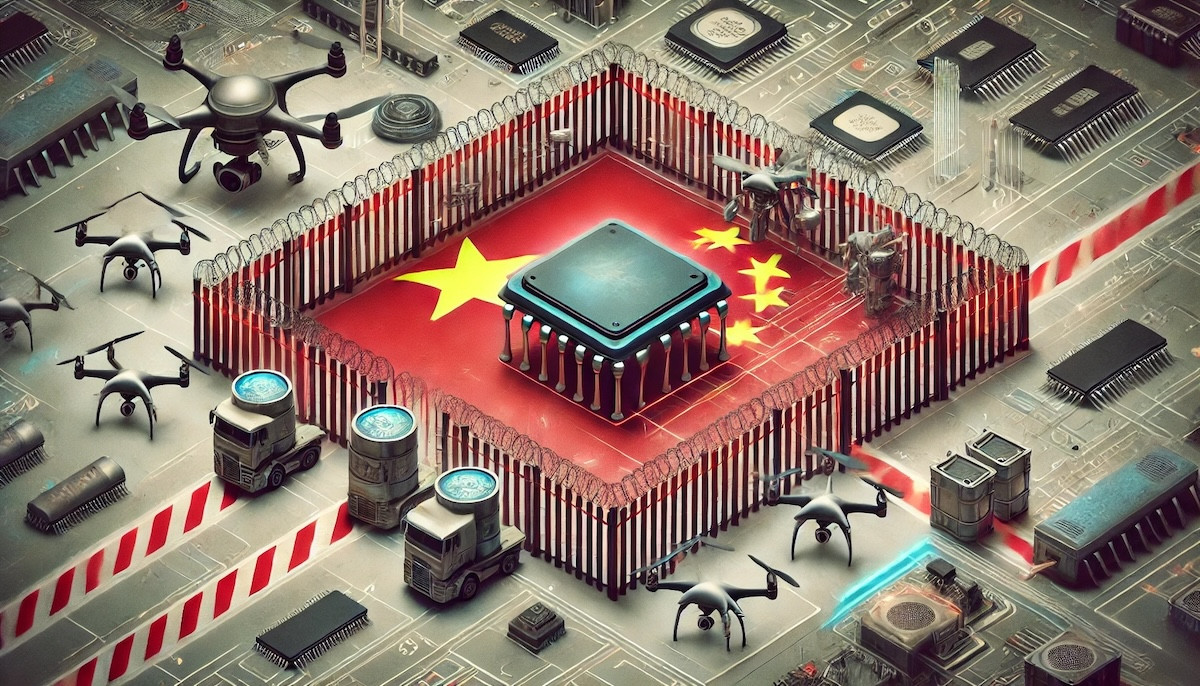
Lu Xiang, a researcher at the Chinese Academy of Social Sciences, said the new regulation was issued “timely” in the current context of international political competition, and that the pager explosions in Lebanon were examples of the weaponization of civilian products.
According to this expert, an important aspect of the regulation is to establish a management framework that can trace the origin of the end user, as well as the intended use of the technology.
Last year, Beijing tightened controls on exports of drones, aerospace equipment and certain minerals such as gallium and germanium, rare metals vital in semiconductor manufacturing.
China's further export controls - coupled with US and European restrictions - could accelerate the fragmentation and global production of technology, according to Chong Ja-ian, associate professor of political science at the National University of Singapore.
“In some respects this may make sourcing some technologies more difficult for other countries, but in fact it may accelerate the development of separate technology ecosystems and supply chains around the world that was already underway,” he said.
(According to SCMP)
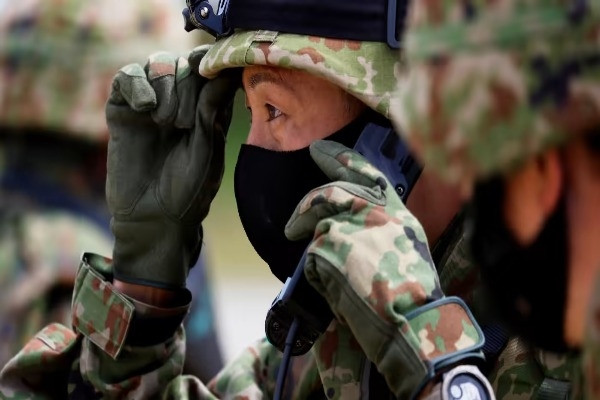
Source: https://vietnamnet.vn/trung-quoc-siet-xuat-khau-cong-nghe-luong-dung-2325309.html





![[Photo] Prime Minister Pham Minh Chinh chairs the Government's online conference with localities](https://vphoto.vietnam.vn/thumb/1200x675/vietnam/resource/IMAGE/2025/10/5/264793cfb4404c63a701d235ff43e1bd)

![[Photo] Prime Minister Pham Minh Chinh launched a peak emulation campaign to achieve achievements in celebration of the 14th National Party Congress](https://vphoto.vietnam.vn/thumb/1200x675/vietnam/resource/IMAGE/2025/10/5/8869ec5cdbc740f58fbf2ae73f065076)








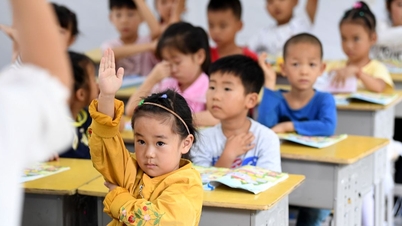




![[Video] Jelly Mooncakes: New Colors for the Mid-Autumn Festival](https://vphoto.vietnam.vn/thumb/402x226/vietnam/resource/IMAGE/2025/10/5/abb1d390ee7f452b9110fca494ba0d77)

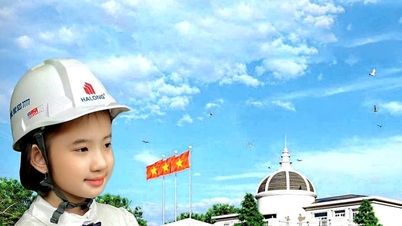

![[Video] Traditional moon cakes attract customers](https://vphoto.vietnam.vn/thumb/402x226/vietnam/resource/IMAGE/2025/10/5/0a98992e8c92419fa9ea507de23e365d)

































![[VIDEO] Summary of Petrovietnam's 50th Anniversary Ceremony](https://vphoto.vietnam.vn/thumb/402x226/vietnam/resource/IMAGE/2025/10/4/abe133bdb8114793a16d4fe3e5bd0f12)

![[VIDEO] GENERAL SECRETARY TO LAM AWARDS PETROVIETNAM 8 GOLDEN WORDS: "PIONEER - EXCELLENT - SUSTAINABLE - GLOBAL"](https://vphoto.vietnam.vn/thumb/402x226/vietnam/resource/IMAGE/2025/7/23/c2fdb48863e846cfa9fb8e6ea9cf44e7)



















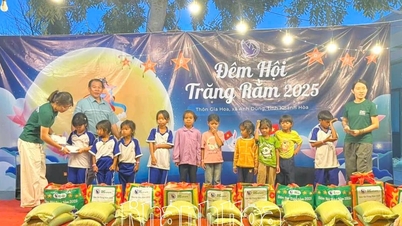

















Comment (0)